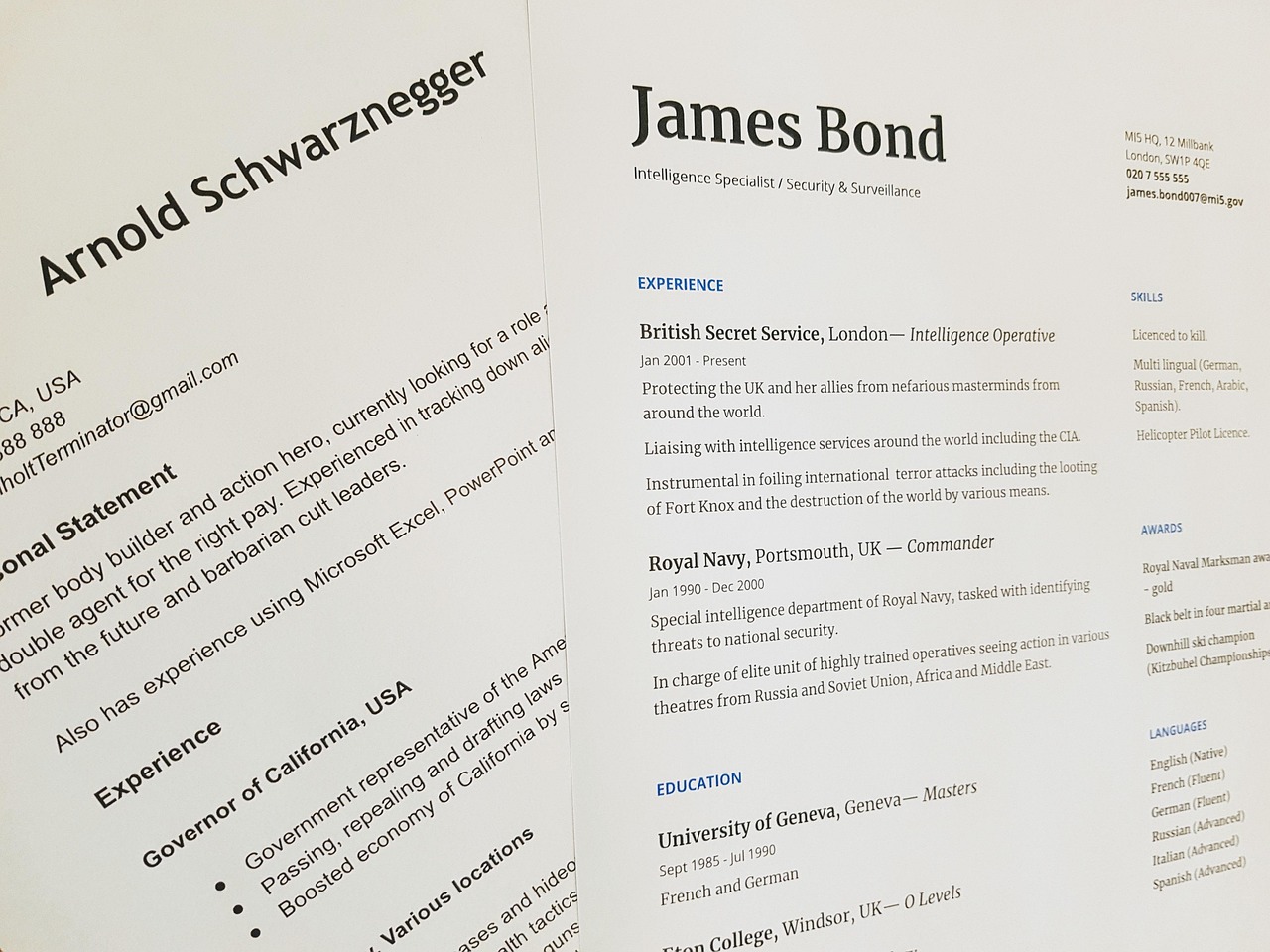Exploring Certified Security Guard Courses: Your Path to a Rewarding Career
In the field of security services, certified security guard courses play a crucial role in preparing individuals for potential careers in the industry. These programs offer structured training designed to equip participants with the knowledge and skills that may be valuable in security-related positions. While completing a course does not guarantee employment, it can provide a foundation for those interested in exploring security work.

What Are Certified Security Guard Courses?
Certified security guard courses are educational programs designed to teach the fundamental principles and practices of security work. These courses typically cover a range of topics, including legal aspects of security, emergency procedures, and conflict resolution. While certification requirements vary by region, many jurisdictions require some form of training before an individual can work as a security guard.
It’s important to note that while these courses provide valuable information, they do not automatically lead to job placement. The security industry’s hiring needs fluctuate, and completion of a course is just one factor that employers may consider when evaluating potential candidates.
Key Skills Covered in Security Guard Training
Security guard training programs often focus on developing a set of core competencies that may be useful in various security settings. These skills typically include:
-
Observation and reporting techniques
-
Basic first aid and emergency response
-
Legal rights and limitations of security personnel
-
Communication and customer service skills
-
Conflict de-escalation and management
While these skills are taught in courses, their practical application and the extent to which they are used can vary significantly depending on the specific job and employer requirements.
Choosing a Security Guard Course: Factors to Consider
When evaluating security guard courses, it’s essential to consider several factors to find a program that aligns with your personal goals and the requirements in your area. Here are some points to keep in mind:
-
Accreditation: Verify that the course is recognized by relevant local authorities or industry associations.
-
Curriculum: Review the course content to ensure it covers the topics most relevant to your interests and local requirements.
-
Format: Consider whether in-person, online, or hybrid learning options are available and which suits your needs best.
-
Duration: Courses can range from a few days to several weeks. Consider your availability and the depth of training you’re seeking.
-
Cost: Compare the fees of different programs and consider any additional expenses like textbooks or equipment.
It’s crucial to research the specific requirements for security guard licensing in your area, as these can vary widely between jurisdictions. Completing a course does not guarantee that you will meet all criteria for employment or licensing.
Understanding the Security Industry Landscape
The security industry encompasses a wide range of roles and settings, from retail loss prevention to corporate security. While certified courses provide valuable knowledge, it’s important to understand that the industry’s needs can change rapidly, and job availability can be influenced by many factors, including economic conditions and local regulations.
Those interested in security work should consider:
-
Researching current industry trends and local job market conditions
-
Networking with professionals in the field to gain insights into actual job prospects
-
Exploring various sectors within security to identify areas of personal interest
-
Understanding that entry-level positions may differ from the roles portrayed in media or course materials
Continuing Education and Career Development
For those who do enter the security field, ongoing education and professional development can be important. Many security professionals pursue additional certifications or specialized training throughout their careers to enhance their skills and potentially open up new opportunities.
Some areas for continued learning might include:
-
Advanced security technologies
-
Management and leadership skills
-
Specialized security practices for specific industries (e.g., healthcare, finance)
-
Emergency management and crisis response
It’s important to note that while additional training can be beneficial, it does not guarantee career advancement or increased job opportunities, which are often dependent on a combination of factors including experience, performance, and industry demand.
In conclusion, certified security guard courses can provide valuable knowledge for those interested in exploring security work. However, it’s crucial to approach these programs with realistic expectations about job prospects and to thoroughly research the industry and local requirements. While training is an important step, securing employment in the security field depends on various factors beyond course completion alone.




